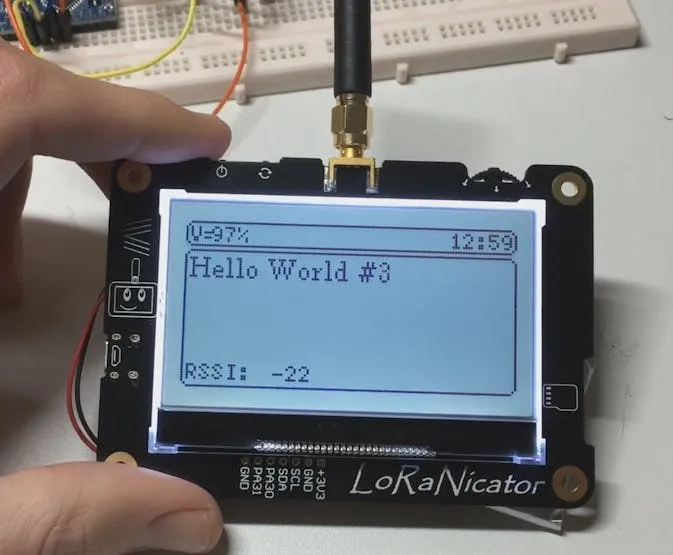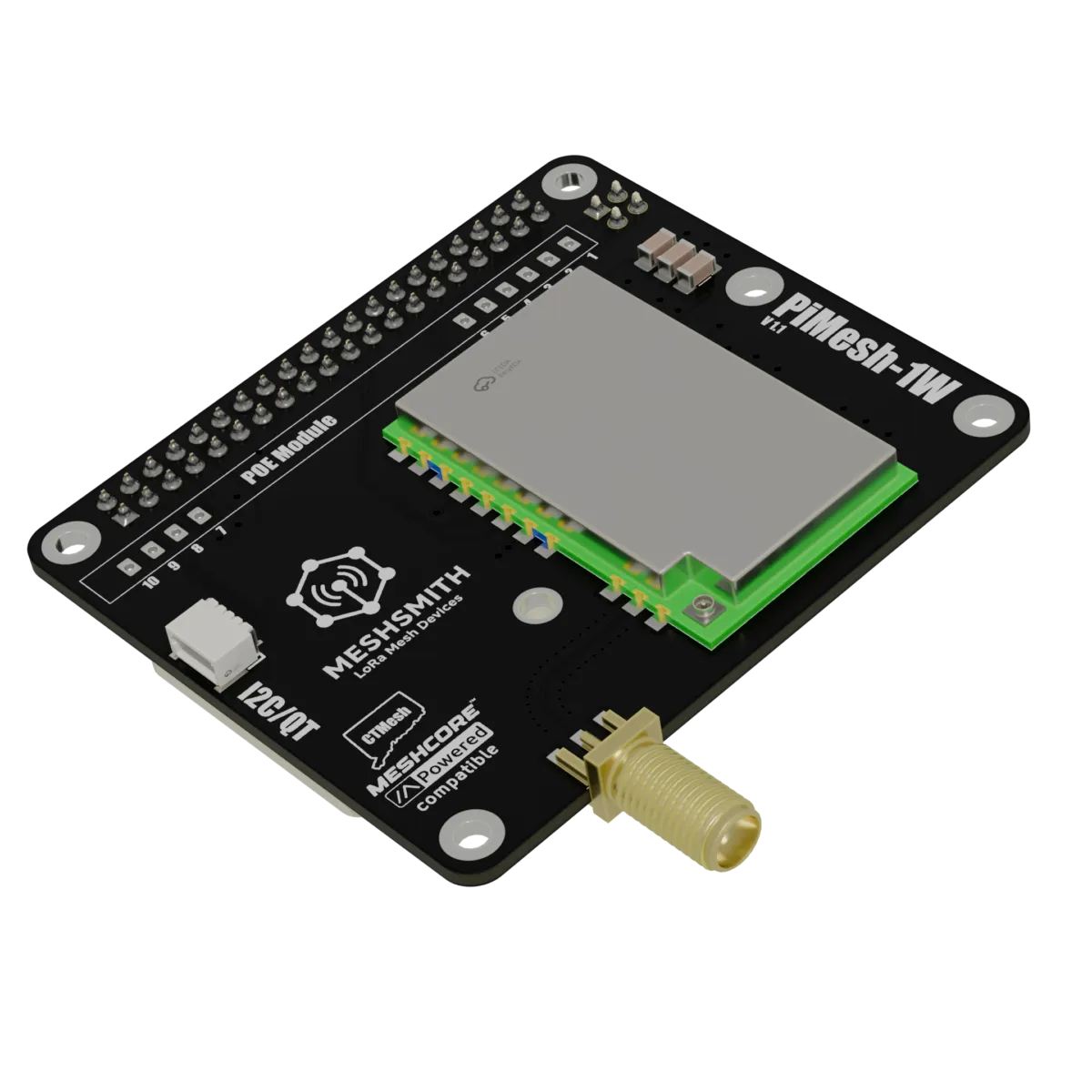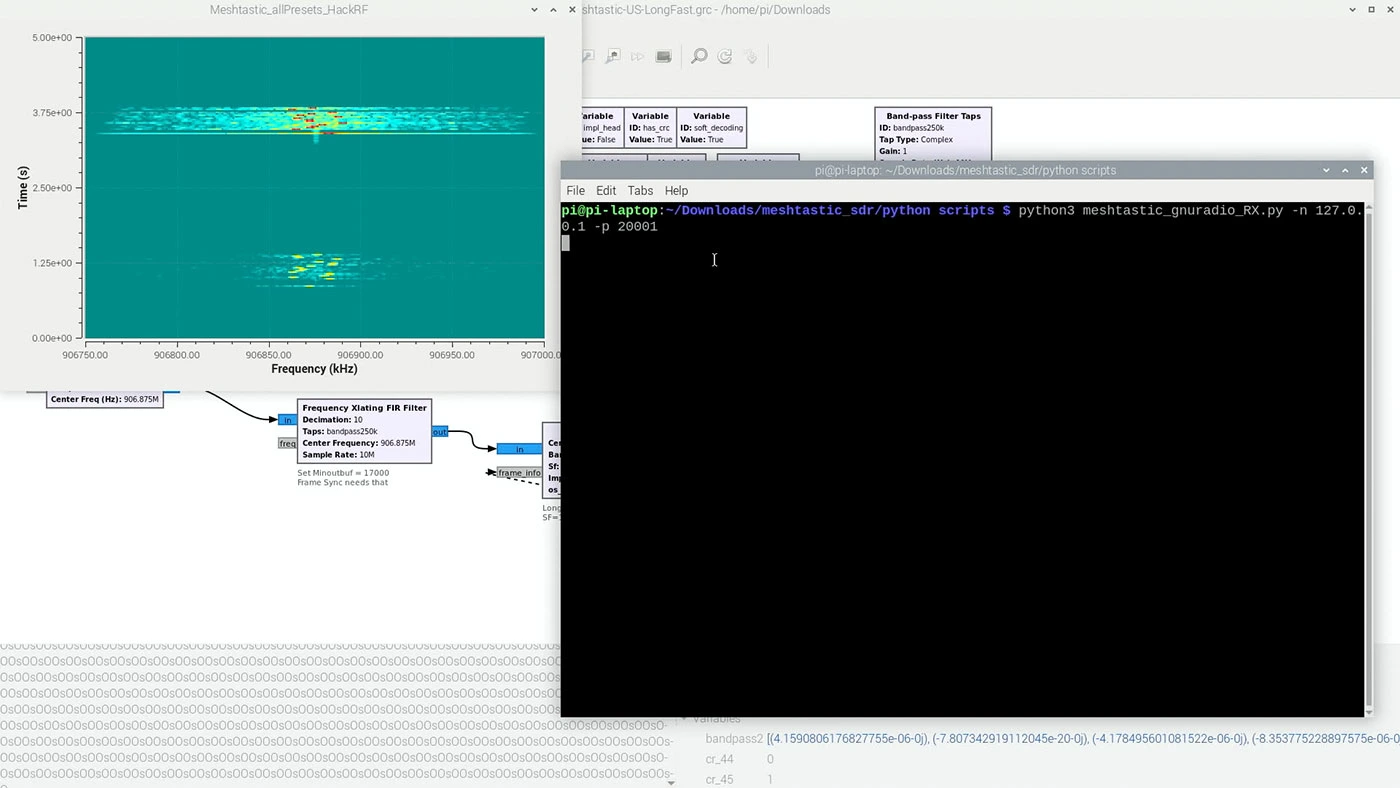long range
LoRa
messaging
pager
5voltjunkie, alatretro, cipmikro, DIYelectronics, EmbeddedSystems, IoT, komunikasiwireless, lipopower, litarcetak, longrangetech, lora, loranicator, lowpowercommunication, LPWAN, MakerProject, microcontrollers, modernretro, monochromedisplay, offgridmessaging, onepurposedevice, opensourcehardware, pagermoden, pagersareback, PCBDesign, pembuatmalaysia, perkakasbuatreka, projekdiy, projeklora, projekopensource, reflowsoldering, retrotech, rfm96, samd21, sistemterbenam, techthrowback, teknologi, wirelessdiy
9M2PJU
0 Comments
LoRaNicator: A Throwback to Pagers, Powered by LoRa
I recently came across a fascinating project shared by Cameron Coward that really caught my attention—especially if you’re into DIY electronics, LoRa, or just love the idea of retro tech being brought back to life in new ways.
The project is called the LoRaNicator, built by maker 5Volt-Junkie, and it’s essentially a dedicated LoRa-based pager. Yes, a pager—like the kind people used before mobile phones were everywhere. But this one runs on modern hardware and uses the LoRa wireless protocol to receive alphanumeric messages over long distances.
A Modern Pager for the Maker Era
LoRa (Long Range) is a low-power, long-distance communication protocol that’s becoming increasingly popular among hobbyists and engineers. It’s affordable, accessible, and perfect for low-bandwidth applications like this. And the way 5Volt-Junkie has used it here is both clever and nostalgic.
The LoRaNicator is small enough to fit in your pocket and does just one thing: receive messages. That’s it. No apps, no internet, no distractions—just raw, simple communication. It’s a reminder of how focused devices used to be.
Clean Hardware Design
What impressed me most is the thought that went into the hardware. 5Volt-Junkie designed a custom PCB, assembled it with surface-mount components using a reflow oven, and packed it with just the essentials:
- A SAM D21 Cortex-M0+ microcontroller
- An RFM96 LoRa module for long-range reception
- A 128×64 monochrome LCD to display messages
- A LiPo charging circuit to make it portable
- A few buttons and a switch for basic control
The finished build looks clean and very well put together. And better yet, it’s open source—meaning anyone with the interest and tools can build their own version.
Why I Think This Project Stands Out
What makes the LoRaNicator so appealing isn’t just the nostalgia—it’s the practicality. It proves that single-purpose devices still have value, especially in low-bandwidth or off-grid scenarios. Whether you’re exploring mesh networks, building a personal alert system, or just want to experiment with LoRa, this is a solid starting point.
Plus, it’s refreshing to see something that isn’t trying to be a smartphone alternative. It’s a pager, and it’s proud of it.
Final Thoughts
Cameron’s post does a great job highlighting this project, and I highly recommend checking out 5Volt-Junkie’s work if you’re looking for a fun LoRa project to replicate or modify. In a world of bloated apps and constant notifications, the LoRaNicator is a welcome reminder that simple tech can still be smart.







Post Comment